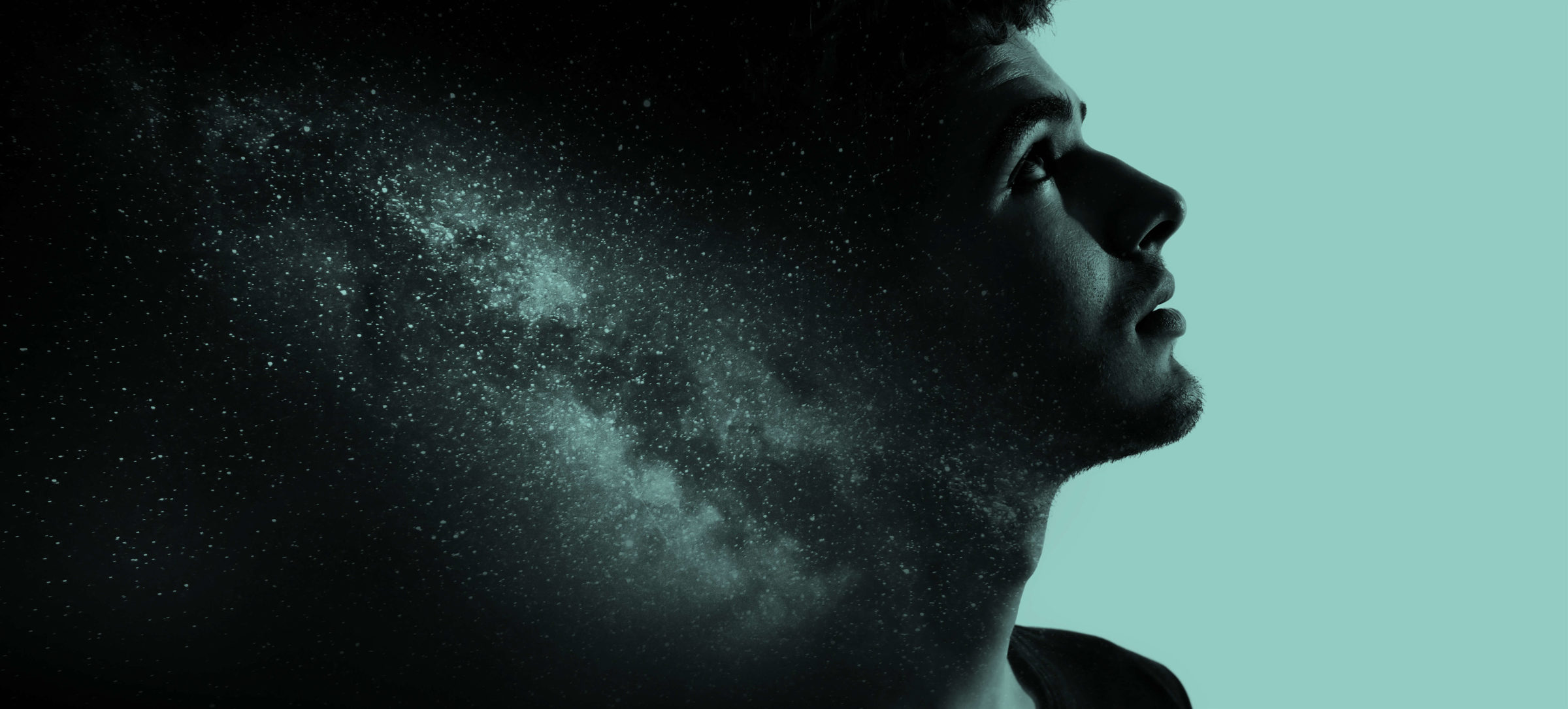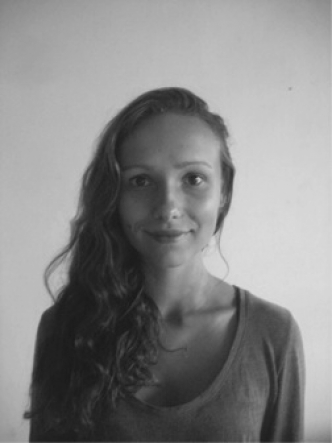
S2 Episode 9: Measuring Meditation – the Study of Contemplative Science with Mareike Smolka

Religious practices and their effects are increasingly the subject of scientific investigation. In the field of Contemplative Science, mediative practices drawn from Buddhist traditions are united with techniques of analysis from cognitive and neurosciences.
In this episode, James and Will welcome Mareike Smolka, a PhD Researcher at Maastricht University in Science and Technology Studies and Fullbright Scholar at Arizona State University, who has ethnographically explored this community. Mareike’s work traces the development of Contemplative Science from fringe to mainstream interest, and demonstrates the tensions and trade-offs in play when exploring religious practices from within the boundaries of the neoliberal academy.
(This episode was recorded in March 2022)
This podcast is 63 minutes and 31 seconds long.
The keywords associated with this episode are:
- Contemplative Science
- Science and Technology Studies (STS)
- Ethnography
- Meditation
- Buddhism
To learn more about Mareike’s work, we recommend you check out:
| Smolka, M. Making epistemic goods compatible: knowledge-making practices in a lifestyle intervention RCT on mindfulness and compassion meditation. BioSocieties (2022). https://doi.org/10.1057/s41292-022-00272-w Smolka, M. (2021). Why does controversy persist? Paradigm clash, conflicting visions and academic productivity in the aesthetics of religion. Science as Culture, DOI: 10.1080/09505431.2021.1918077. Smolka, M., Fisher E., and Hausstein, S. (2021). From Affect to Action: Choices in Attending to Disconcertment in Interdisciplinary Collaborations, Science, Technology, & Human Values, 46(5): 1076-1103, DOI: 10.1177/0162243920974088. Smolka, M. (2019). Towards better science and modesty in the Cognitive Science of Religion and Contemplative Science? (Sonderausgabe: Religionsästhetik), Verkündigung und Forschung, 64(2): 142-150, DOI: 10.14315/vf-2019-640208, ISSN: 0342-2410. |
